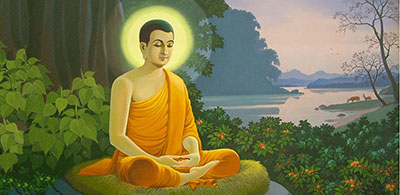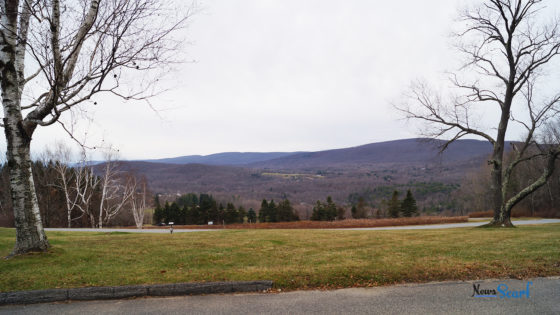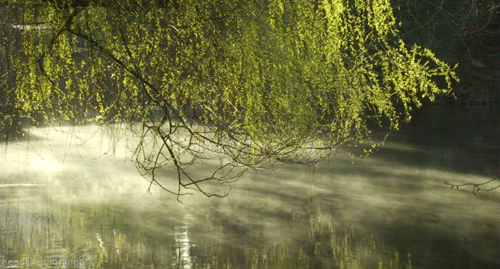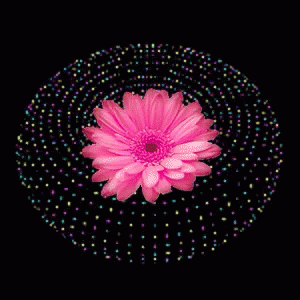Mindfulness is simply being aware of what is happening right now
Mindfulness is simply being aware of what is happening right now without wishing it were different; enjoying the pleasant without holding on when it changes (which it will); being with the unpleasant without fearing it will always be this way (which it won’t). – James Baraz
Living 24 hours with mindfulness is more worthwhile than living 100 years without it. – The Buddha
Each step along the Buddha’s path to happiness requires practising mindfulness until it becomes part of your daily life. – Henepola Gunaratana
Meditate … do not delay, lest you later regret it. – The Buddha
Ardently do today what must be done. Who knows? Tomorrow, death comes. – The Buddha
Mindfulness is the aware, balanced acceptance of the present experience. It isn’t more complicated than that. It is opening to or receiving the present moment, pleasant or unpleasant, just as it is, without either clinging to it or rejecting it. – Sylvia Boorstein Continue reading



















